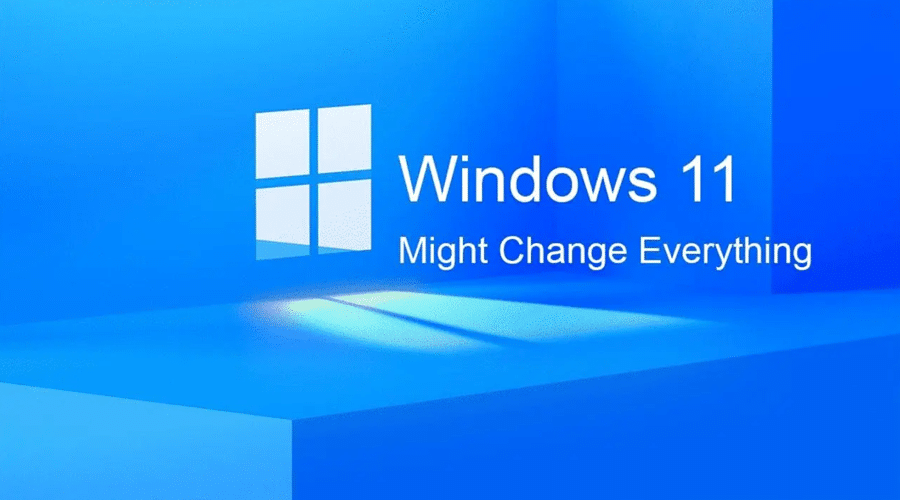What are NFTs? How do they work? What can you do with them? These are all questions that this blog post will be answering. Non-fungible tokens, or NFTs, are a new type of cryptocurrency gaining popularity among blockchain enthusiasts. They have the potential to revolutionize the way we interact with digital assets. This article will give you a comprehensive overview of NFTs and their many uses!
Contents
What Are NFTs?

NFTs are digital assets stored on a blockchain. Unlike traditional cryptocurrencies, which are a means of exchange, NFTs represent ownership of digital assets. This allows them to be used for a wide variety of purposes, such as art, gaming, and even real estate. While the potential uses for NFTs are nearly limitless, some challenges still need to be addressed before they can reach their full potential.
For example, many NFTs are currently stored on Ethereum, which is not designed to handle large volumes of transactions. As a result, the Ethereum network often becomes congested, making it difficult to buy or sell NFTs promptly. Additionally, the high prices of some NFTs can make them unaffordable for many people. Despite these challenges, NFTs have the potential to change the way we interact with digital assets and create new opportunities for artists, gamers, and other creative individuals.
Digitizing & Monetizing

2022 will go down in history as the year that NFTs went mainstream. Short for “non-fungible tokens,” NFTs are a type of cryptocurrency that can represent digital or physical assets. They’re unique and cannot be interchangeable, making them ideal for things like collectibles, video game items, and even works of art. In the past few months, we’ve seen an explosion of interest in NFTs, with major sales including a $69 million Beeple painting and $2.9 million worth of virtual land in Decentraland. As the world notices this new asset class, there’s a growing opportunity for savvy entrepreneurs to start monetizing their digital creations.
Who Is Buying Them?

NFTs, or non-fungible tokens, are unique digital assets and cannot be replaced. People are buying NFTs for various reasons, including collecting and trading them like traditional collectibles, showing support for an artist or project, or even just as a way to invest in the burgeoning NFT market. Whatever the reason, NFTs are becoming increasingly popular, with some people spending large sums of money on rare and desirable tokens.
So, who exactly is buying NFTs? In general, it seems that those most interested in NFTs are young, tech-savvy early adopters with a disposable income. These are the people who are most likely to be early adopters of new technologies and trends. However, as NFTs become more mainstream, we see interest from a broader range of people, including institutional investors and even celebrities.
The Pandemic, The Internet, and NFTs

In the past year, we’ve seen a lot of changes due to the pandemic. One of the most significant changes has been how we interact with the internet. With so many people working from home and spending more time online, it’s no surprise that new trends and technologies have emerged. The pandemic has also had a significant impact on the economy.
Many businesses had to close their doors, and unemployment is at an all-time high. This has led to many people looking for new ways to make money. For some, NFTs have provided a much-needed source of income. By selling virtual assets, such as art, music, or even just tweets, people can earn money without leaving their homes.
How Big Is The Market?

It could be bigger than you think. The NFT market more than doubled in size in 2020, with sales reaching nearly $2 billion during the first quarter of 2021. Today, in 2022, NFTs have a market cap of around $250 billion, and people expect it to grow in the coming years. Auction houses have already entered the NFT scene, and NFT-related stocks have been on an upward trajectory. Huge corporations are taking notice, too, with the likes of Twitter, Nike, and even the NBA getting involved in the NFT space.
Is There A Future In Investing?

The short answer is that no one knows whether NFTS will have a future in investing. However, several factors suggest that NFTS could be a wise investment choice in the years to come. First, the world economy is rapidly shifting away from traditional physical assets and toward digital assets. This trend is due to the rise of the internet and the increasing popularity of mobile devices. As a result, more and more people are buying and selling digital assets, such as NFTS.
In addition, the NFT market is still relatively new and immature, which means that there is plenty of room for growth. Finally, significant technological advances are taking place that could make NFTS even more valuable in the future. For example, the development of blockchain technology could make NFTS more secure and trustworthy, making them even more attractive to investors.
Not Tax-Free!

Cryptocurrency investors have long been drawn to the promise of tax-free profits. After all, who doesn’t want to avoid paying taxes on their gains? However, the reality is that NFTs are not tax-free. NFTs are subject to the same taxes as any other type of asset. This means that investors need to be aware of the potential tax implications of buying and selling NFTs. Otherwise, they could owe a substantial amount of money to the IRS. While there is no need to panic, it is essential to consider taxes when investing in NFTs. With a bit of planning, you can ensure that you don’t end up with a nasty tax bill.
Be Aware Of The Risks

While NFTs offer some unique benefits, there are also several risks associated with them. One of the biggest risks is the lack of regulation around NFTs. Because they are a relatively new technology, no clear rules or guidelines govern their use. This lack of regulation could lead to fraud or other abusive practices.
NFTs are stored on blockchain platforms, often decentralized and not subject to traditional financial regulations. This could make it difficult to recover funds if an NFT is lost or stolen. Finally, NFTs are still a highly volatile asset class, and their prices can fluctuate rapidly. This volatility could lead to substantial losses for investors.
Conclusion
In conclusion, NFTs are a new type of digital asset that comes with both some risks and potential rewards. Before investing in NFTs, do your research and understand the risks involved. NFTs could be a wise investment choice if you’re comfortable with the risks. However, if you’re not comfortable with the risks, you may want to avoid investing in NFTs. Either way, stay informed and make sure you understand the risks before making any decisions.


